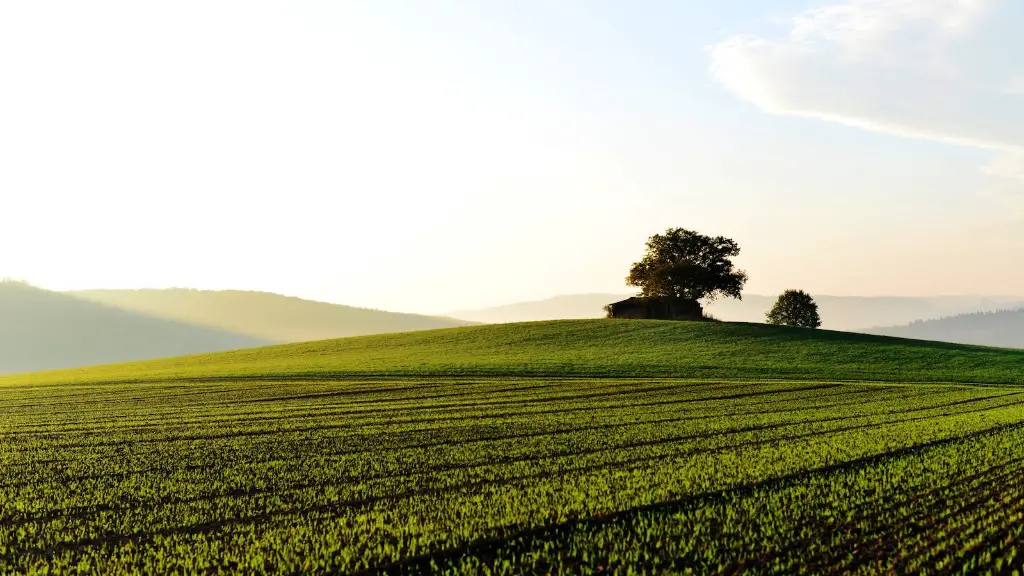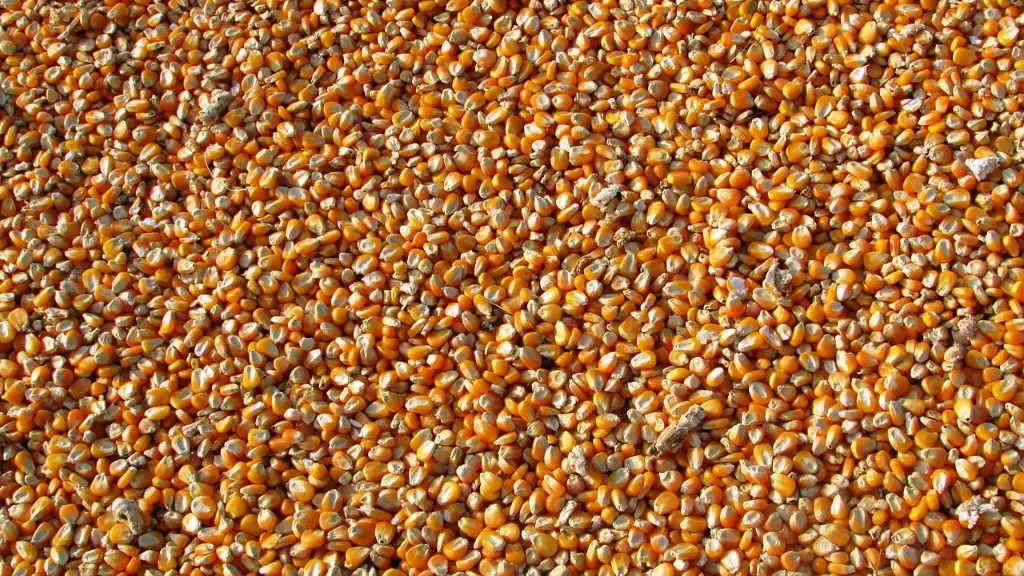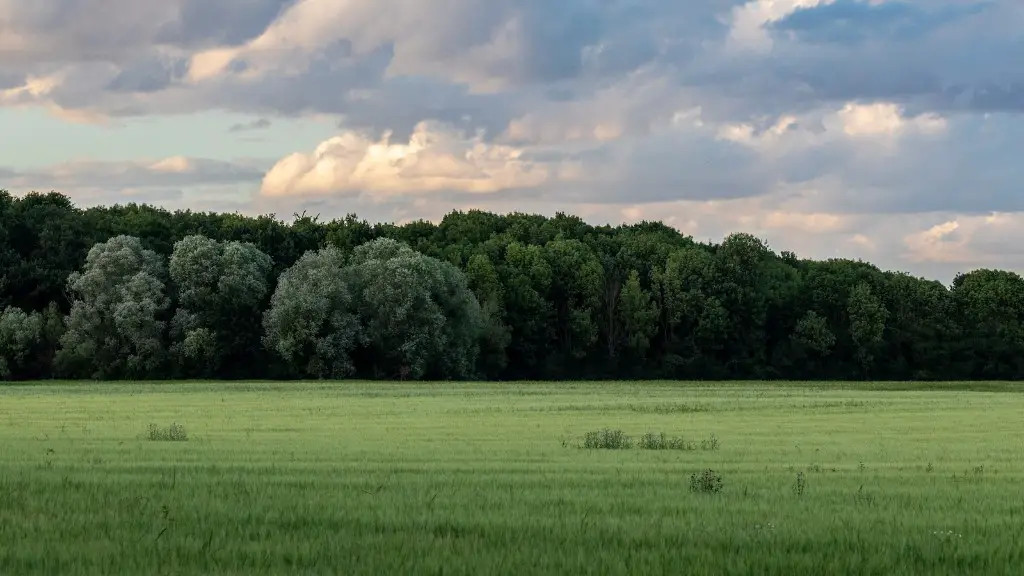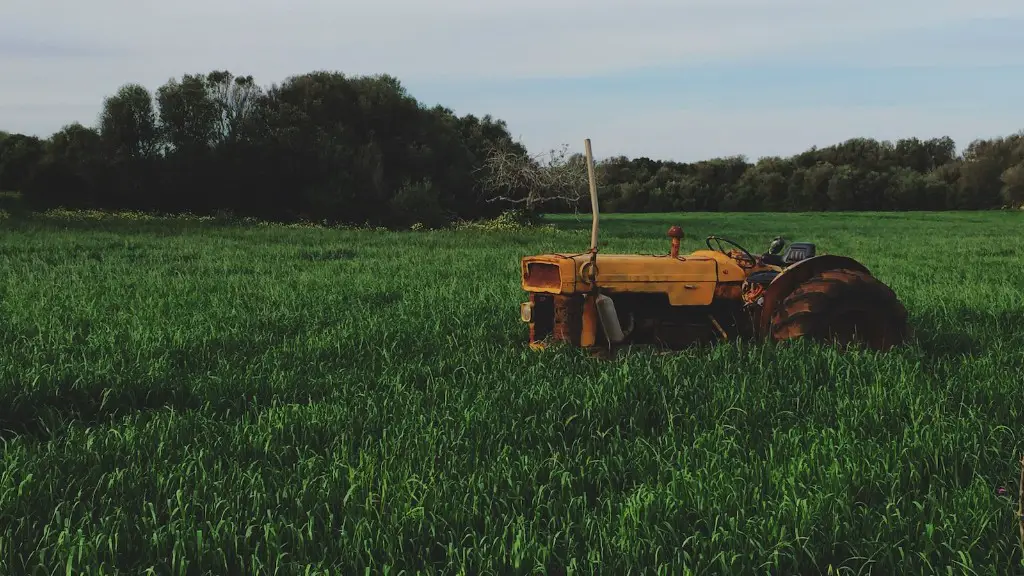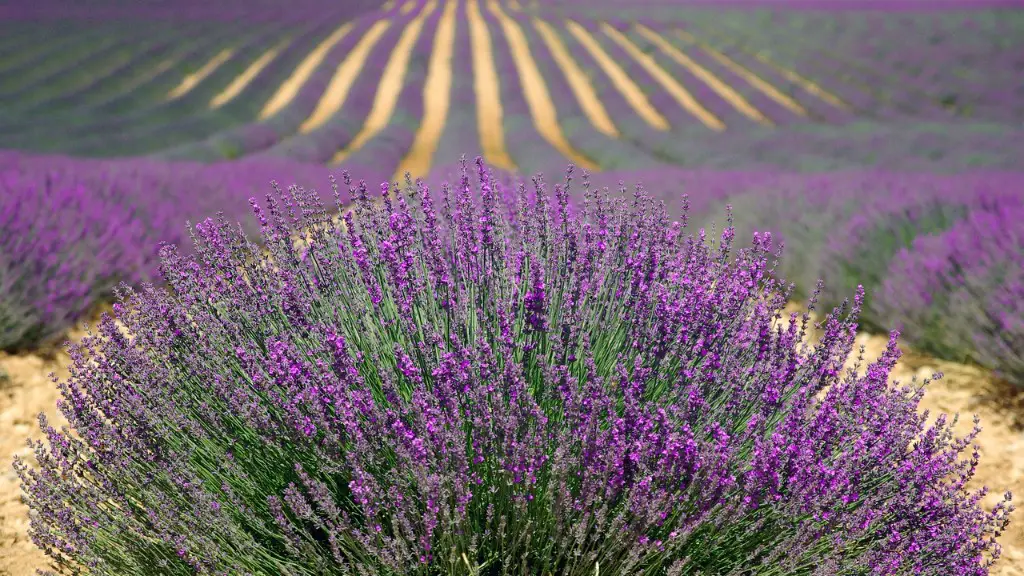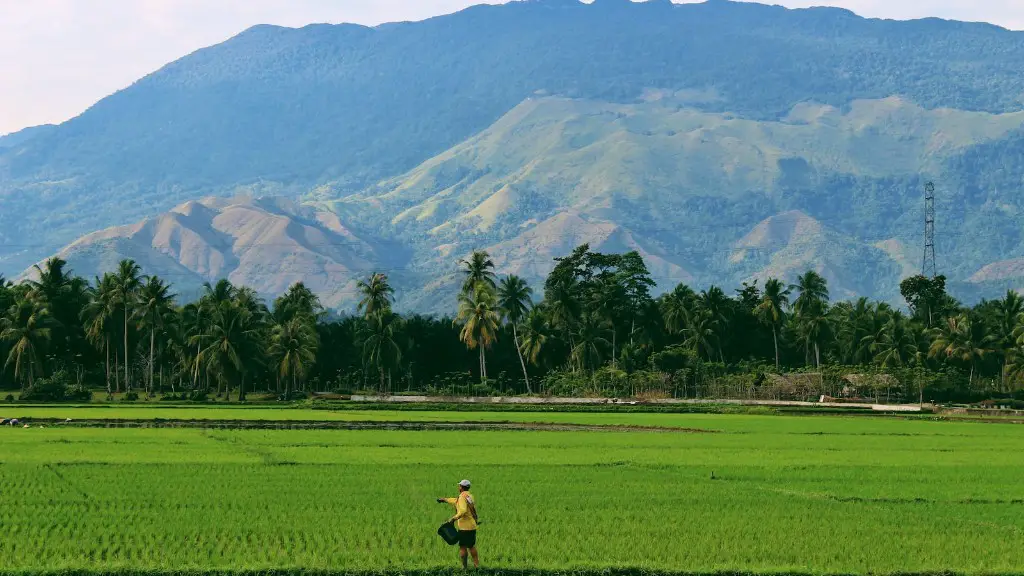The use of pesticides has helped farmers to produce larger crops with fewer losses to pests. Pesticides are chemicals that are used to kill or control pests. Farmers use pesticides to protect their crops from insects, rodents, and other pests.
Pesticides are used in agriculture because they are effective at controlling pests. Pests can cause damage to crops, which can lead to less yield and quality. Pesticides help to prevent this damage, which helps to ensure a good harvest.
What are the benefits of using pesticides?
Pesticides provide many benefits to farmers and agricultural production. They can improve productivity by protecting crops from losses and reducing yield reduction. Vector disease control is another important benefit of pesticides. They can help to control the spread of diseases by pests and vectors. Pesticides can also improve the quality of food by protecting crops from damage and pests. Other benefits of pesticides include transport, sport complex, and building.
The use of synthetic pesticides in the United States began in the 1930s and became widespread after World War II. By 1950, it was found that pesticide use could increase farm yield far beyond pre-World War II levels. Farmers have come to depend heavily on synthetic pesticides to control insects in their crops. However, there is growing evidence that these pesticides are having negative impacts on the environment and human health. Some pesticides are known to be carcinogenic, and others have been linked to neurological damage and endocrine disruption. There is a need for more research to be done on the long-term effects of synthetic pesticide use, but in the meantime, it may be prudent to reduce or eliminate their use where possible.
Are pesticides necessary for farming
Pesticides are an important tool for farmers to produce safe and healthy food. Without pesticides, farmers would lose a significant portion of their food crops, which would lead to food waste and rising costs at the grocery store. Pesticides help farmers to protect their crops from pests and diseases, which can reduce crop yields and quality.
Pesticides are a vital tool in the fight against disease and crop damage, but they must be used carefully to avoid harming people and the environment. Pesticides can be toxic to people and animals, so it is important to follow the manufacturer’s instructions for use. To protect yourself and others, always wear protective clothing when using pesticides and be sure to wash your hands and clothes after exposure.
Why pesticides are better than organic?
Compared with produce grown using usual (conventional) methods, organically grown produce has lower levels of pesticide residue. The safety rules for the highest levels of residue allowed on conventional produce have changed. In many cases, the levels have been lowered.
Pesticides are an important part of producing food. Without them, fruits and vegetables would be stunted, riddled with injuries and contaminated with microbes, contributing to food waste. Without crop protection, food would also be more expensive as more of it would be lost to pests.
Can crops be grown without pesticides?
Pest problems don’t necessarily require pesticides. Traps, barriers or other tools can work as well or better than pesticides. Simple steps like more sunlight or less water may be all the plant needs.
Organic farming is a type of agriculture that focuses on producing food using natural substances and processes. In organic farming, no synthetic fertilizers or pesticides are used. Instead, farmers rely on things like crop rotation, green manure, and compost to keep their soil healthy and their plants vigorous. Organic farming can be more labor-intensive and time-consuming than conventional farming, but many people believe that it is a more sustainable and environmentally friendly way to produce food.
Do pesticides do more harm than good
Pesticides are not only dangerous to the environment, but they can also be hazardous to your health. Pesticides are stored in your colon, where they slowly but surely poison the body.
Pesticides can be both advantageous and disadvantageous. Some advantages of pesticides include that they help to grow more food by preventing pests, and they make food cheaper and more easily available. However, some disadvantages of pesticides include that they can impact human health, and they can effect other life species such as bees and butterflies.
Why do organic farmers not use pesticides?
Organic farming does not mean that no pesticides are used. Over a hundred different pesticides are authorized under organic farming regulations in Europe and the United States. These pesticides are generally derived from natural substances, such as minerals or plants.
Pesticides are a necessary part of our industrial agricultural system – they help to control weeds, kill insects and stave off fungi. However, they can also be quite harmful to the environment and to human health. More than 11 billion pounds of pesticides are applied annually to crops in the US, mostly in combination with seeds that are genetically engineered to withstand them. This heavy use of pesticides can have a negative impact on the environment, including air and water pollution, and can also lead to health problems for people who are exposed to them.
What are the benefits of using natural pesticides
Natural pesticides have many advantages over synthetic pesticides. They are biodegradable, barely leave residues in the soil, and are less likely to harm humans or animals. They may also be more cost-effective as a whole, considering the environmental cost of chemical pesticides.
Pesticides are substances or mixture of substances used to control pests. Pests can be defined as any plant or animal harmful to human interests, including but not limited to: cultivated plants, livestock, poultry, and honeybees. Activities associated with human interest can be: producing and storing food, managed landscapes and gardens, and vector control.
Pesticides are used in agriculture to control weeds, insect infestation and diseases.
Pesticides are used to control various pests and disease carriers, such as mosquitoes, rats and mice. Pesticides are also used in public health mosquito control programs.
Pesticides have been linked to a number of adverse human health effects, such as cancer, endocrine disruption, and neurological effects. Pesticide exposure can occur through inhalation, dermal absorption, and ingestion. Pesticides can also be absorbed by plants and animals, and can contaminate food and water supplies.
What is farming without pesticides called?
Organic farming is a type of agriculture that relies on natural processes, such as crop rotation and natural pest control, rather than the use of synthetic pesticides and fertilizers.
Pesticides are an important part of agriculture and food production, and banning them would have serious consequences. Diseases transmitted by insects and rodents would become commonplace, and food prices would increase dramatically. This would pose a serious threat to food security and human health.
Warp Up
Pesticides are used in agriculture for a variety of reasons. Pesticides can help to control pests and diseases that can damage crops. Pesticides can also help to improve crop yields by protecting plants from pests and diseases. In some cases, pesticides can also be used to control weeds.
Pesticides are important in agriculture because they protect crops from pests that can cause a lot of damage. They can also help to increase yields by preventing disease and pests from destroying crops.
